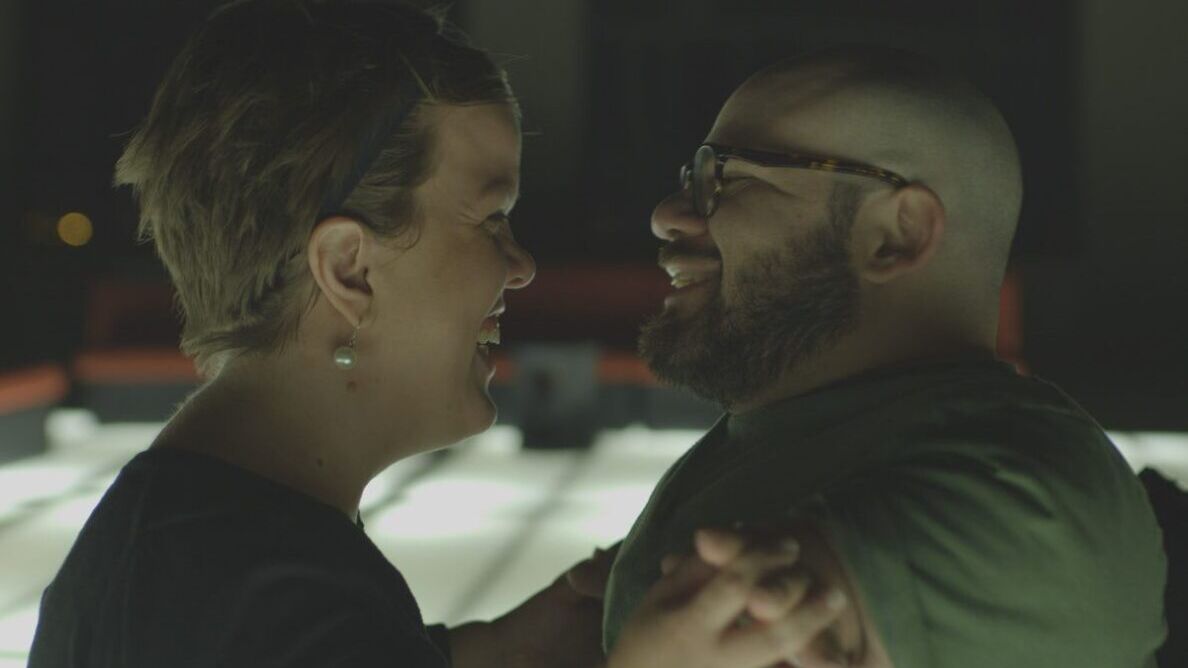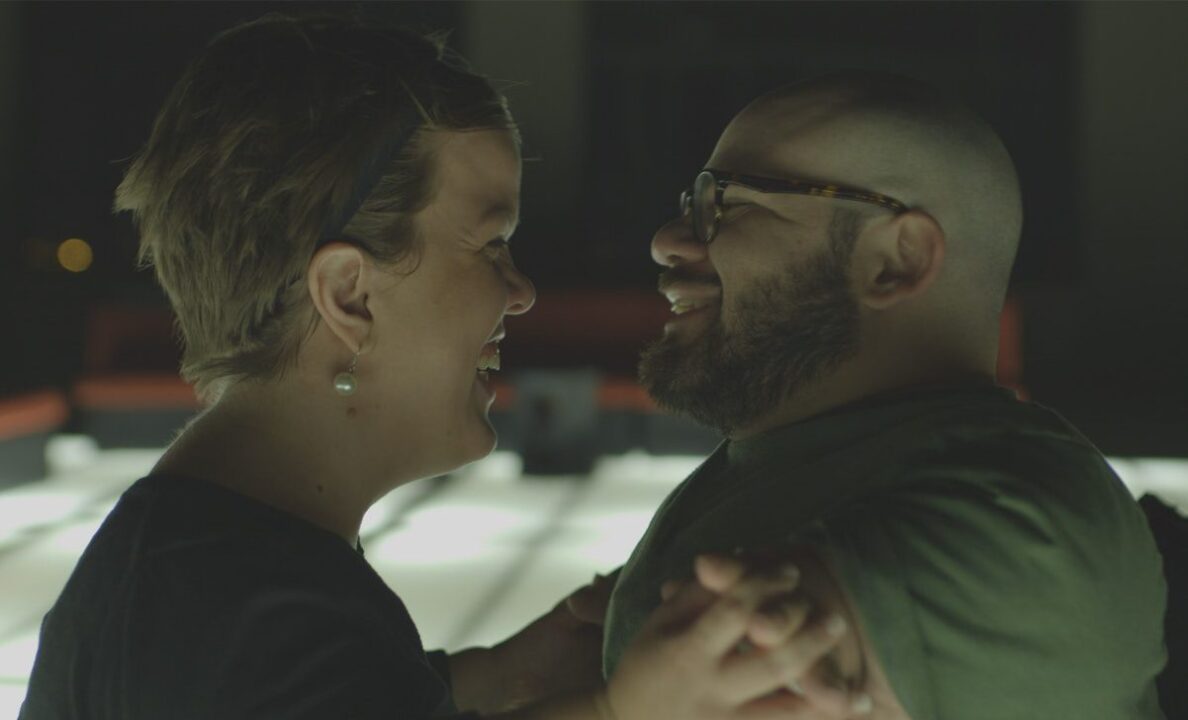In a world where it seems everyone is looking to stand out as unique and special, being called “normal” is almost considered an insult.
However, for the subjects of Rachel Dretzin’s documentary Far From the Tree, “normal” is the only label they desire. Based on the New York Times bestselling novel Far From the Tree: Parents, Children, and the Search for Identity, Dretzin and the book’s author Andrew Solomon explore the ways in which the actual relationships within a family dynamic can prove to be drastically different from our expectations.
Even though we share some of the same DNA as our parents, there is no guarantee that we are going to grow up to be like them or have shared interests. The phrase ‘You’re turning into your mother’ is often said in a joking manner, with a negative connotation. But what if there was no possibility of turning out to be anything like your mother or father? 41-year-old Jason was born with down syndrome and early into his diagnosis, his mother did everything she could to give him a shot at living a normal life. For the most part, it worked. Jason became a minor celebrity as the face of someone who was “overcoming physical disabilities”; he appeared on Sesame Street, was interviewed by Barbara Walters, and his future looked bright. But as he grew older, his mother knew that he would never be a man who could function normally in society. As she talks about her fears of what will happen to him when she passes away, Jason is sitting in his bedroom dressed in all blue and wearing a tiara, watching Frozen over and over again, as he talks about his plan to travel to Norway to visit his crush, Elsa.
Original music by Nico Muhly and Yo La Tengo add to the film’s emotional undercurrent and offers a sense of optimism for those undergoing difficult times.
The parent/child relationships explored in the documentary are not typical ones. The primary caretakers talk of overwhelming hardships due to their extreme differences and challenges they face, but even throughout these trying times and feelings of overwhelm, there is a love like no other. For example, 13-year-old Jack has such a severe form of autism that he is not able to speak. To communicate, he uses a special keyboard to indicate the letters which then reads the sentences aloud for him, much like how the late Stephen Hawking was able to articulate his thoughts. While it may seem like a burden to endure the process of stringing together letter by letter, his parents recount their disbelief and overwhelming joy when a speech therapist first exposed Jack to this new form of communication and he was able to “talk” to his parents for the first time in his entire life.
Far From the Tree doesn’t just focus on families of children with disabilities. We also hear the intimate stories from a couple with dwarfism and a mother and father whose son committed murder. How these children turned out to be so much different from their biological parents is something that has always fascinated Solomon, who is a self-proclaimed “weirdo.” He was at odds with his parents for most of his life when he came out as gay, and eventually wrote the book as a sort of an investigative catharsis to understand how and why parents and their children can be so different from each other.
On some level, we are all imperfect. That is what makes us human. The biggest takeaway from Far From the Tree is to not discredit people due to visual differences because they might just surprise you. Original music by Nico Muhly and Yo La Tengo add to the film’s emotional undercurrent and offers a sense of optimism for those undergoing difficult times. Far From the Tree should be required viewing for all, but be warned, side effects include a lump in the throat, goosebumps, and occasional teary eyes.
‘Far From the Tree’ is not rated. 93 minutes. Opening today at Laemmle’s Royal Theatre.
Morgan Rojas
Certified fresh. For disclosure purposes, Morgan currently runs PR at PRETTYBIRD and Ventureland.


